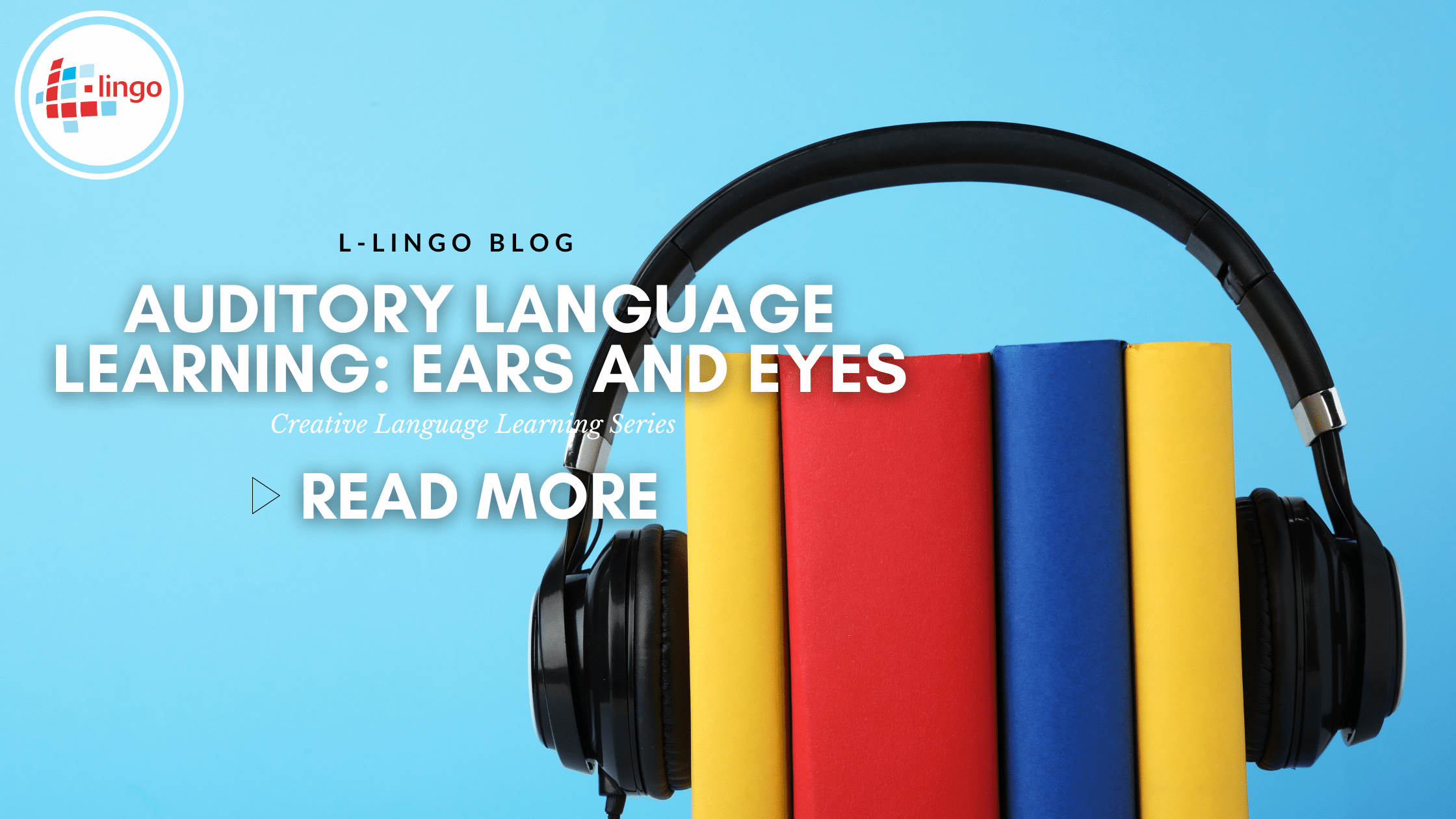What does it mean to be fluent? This is a question that has been passed down through generations of language learners and polyglots alike. To give you a better idea of just how many people have given this word consideration, here are some explanations from ‘famous’ language learners, bloggers, enthusiasts:
Benny Lewis – Fluent in 3 Months
You’re unlikely to ever get a consensus on what “fluent” or “fluency” means. It’s like asking people to tell you at what point someone can be said to be “beautiful” or to give a clearcut scale of where beauty begins. It’s truly in the eye of the beholder.
Lindsay Dow – Lindsay Does Languages
There are a couple of things I think about fluency. Number one – we need to chill out about it. Take the pressure off because as I said, it means different things to different people so how can you possibly measure it accurately?
Donovan Nagel – Mezzofanti Guild (Personal Favorite)
Fluency is better and more accurately thought of as a spectrum rather than an end state or achievement. In other words, it’s incorrect to ask a person “Are you fluent?” or to say “I’m fluent” since there’s really no general consensus on what that actually means.
Our Cake Recipe Analogy
To make the point clear, fluency isn’t as measurable as you think it is. Imagine two different people making a cake; one from the box and the other from scratch. Even if the ingredients are different both sides are going to get a cake if they follow their individual recipes. In the same way, what is known as fluency can be composed of different aspects of language learning.
Recipe 1 (Box Cake)
- Cake Powder (Obviously)
- 1 Cup Water
- 2 Eggs
1 Stick of Butter
Recipe 2 (Scratch)
- Flour
- Baking Powder
- Baking Soda
- 4 Eggs
- Vegetable Oil
1 Cup Of Sugar - Vanilla Extract
What The Pro’s Had To Say About It?
This isn’t to say that fluency is a term that can just be thrown around lightly. Others have accurately defined it to their liking and there is most certainly logic to what they are saying. Here are some more quotes of language learners explaining fluency.
Bartosz Czekała – Speaks 9 Languages, Founder Of Universe of Memory
My definition of fluency is rather straightforward. I can call myself fluent if I can talk to a native speaker of a given language, regardless of circumstances, about almost any topic. Politics, adoption, superstitions, describing a medical procedure – you name it.
Typically, such a command of language requires about 10000 words which is an equivalent of about C1 level (according to the CEFR).
Kris Broholm- Creator of Actual Fluency Podcast
Fluency for me means the ability to use the language without too many pauses or stumbles. I don’t subscribe to the school of thought that considers fluency as absolute mastery of a language.
When considering spoken language I feel like you’ve reached fluency when you can speak at a natural pace. Additionally, if there’s a word you don’t know, you’re able to explain it in the language itself.
Steve Kaufman – Creator and Founder Of Ling Q – Speaks 15 Languages
The meaning of fluency in a foreign language is clear. It refers to the ability to converse with a native speaker, on a wide variety of subjects, without much strain on either side. This presupposes a large vocabulary, strong listening comprehension skills, and a somewhat smaller active vocabulary. It doesn’t mean perfection, neither in word usage nor in pronunciation. Fluency corresponds to B2 on the European Common Framework of Reference. Fluency usually refers to oral communication.
The Consensus…Kind Of
As you can see even the more strict meanings have some variations to them. Kaufman says B2 while Czekala says C1. While fluency has multiple meanings across the board if there is one thing we can without a doubt declare is that “Fluency takes an incredible amount of effort, but it’s worth it.”
I’ve also taken the liberty of questioning some of my peers on the matter, and here is what they had to say:
Question: Do you think you’re truly able to define fluency?
Youssef (Native Arabic Speaker, Fluent in French, English, Japanese)
Currently Studying Spanish/Russian
Masters Student In Japan
Hmmmm let’s see what I believe in when it comes to fluency for me, when you can understand right away what the speaking person is saying without the delay of translating in your head, when you know mostly used daily conversation words and can use them to have a deep conversation with someone with no problem, and even if a certain word comes up that you don’t understand you can get it from syntax. You can use grammar well and are aware when you make a mistake.
Emily (Native English Speaker, Fluent in Spanish)
Spanish Teacher In Chile
I teach a lot of multilingual students and we talk about this in class often. We’ve reached the consensus that fluency is being dropped in a country of the other language for a day and being just fine without having to look up how to say things, but doesn’t necessarily mean you could write a novel in the language.
Additional Question: So personally, you observe fluency from an immersion point of view?
Ha I think so? But I think that’s also the background of me and my students. We are all language learners who learned by immersion. So that’s the definition from our personal experience. (For context, about 50% of my students are Asian students who largely learned English from international schools in Asia or from being thrown into US schools).
Rita (Native Spanish Speaker, Fluent in English)
Currently Studying Korean/Japanese
College Student
Fluency (in my opinion) is when you no longer need to translate in your head. When you don’t understand a word, you read about it in that other language aside from your first & are able to interpret it in that other language. One is able to get their sayings & slang and know that there is truly no appropriate translation that makes sense, but you somehow were able to understand.
The Consensus From These Brave Souls
From the three answers provided by my colleagues, you’ll notice three different schools of thought.
Youssef relied on the mastery of passive understanding. That is to say unconscious comprehension of the language, yet full conscious awareness of incorrect syntax.
Emily used an immersion complex explaining that her background was hardwired into an immersion environment.
Rita’s approach is similar to Youseff, however, she not only mentions the unconscious comprehension of the language, but also the comprehension of cultural phrases.
If we were to deduce three main aspects of fluency from just these three we’d get something like:
- Total Comprehension
- Immersible Adaptability
- Cultural Flexibility Within The Language
What Does L-Lingo Think?
We believe that fluency doesn’t have to be overall mastery of a language. People can be fluent in different things at different times. One person can be fluent reading something but can’t speak anything, others can understand every word they hear but can’t speak. Because of this, we think that fluency is more of a spectrum, but a spectrum of mastery. Meaning that at any point in the spectrum you’re at a mastery level of something, but it doesn’t have to be mastery of everything all the time.
_____________________________________________________________________
Honorable Mentions: https://www.lingualift.com/blog/what-is-fluency/




